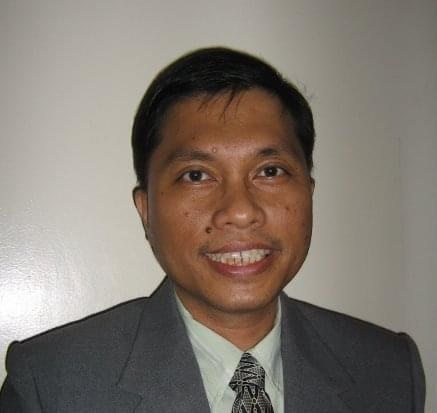OBLIQUE OBSERVATIONS
By Atty. Gilberto Lauengco, J.D.
'Ang Init!': Thoughts on heat
Share
“What dreadful hot weather we have! It keeps one in a continual state of inelegance.” - Jane Austen
These days, the topic of heat seems to be in everyone’s minds. In Metro Manila, we have had recent temperature highs of 34 to 36 degrees Celsius and a heat index of up to 41 degrees. Other areas in the Philippines had even higher temperatures and heat indices. The pervading hot weather has social media ablaze with heat-related posts. Health experts have begun warning us again of heat-related effects on our health. We have had classes suspended and even work affected by the sweltering heat. There was even this viral video of a three-month old baby saying, “ang init” (it’s hot) as his first words.
People are so bothered by this heat that tips on how to stay cool seem to be filling the internet. Staying hydrated, taking frequent showers, avoiding caffeine, staying indoors, wearing loose and light-colored clothes and cooling one’s toes seem to be the top suggestions nowadays. Some of these suggestions, however, have some drawbacks. Taking cold showers might have some negative health effects for some people. Avoiding coffee nowadays is also difficult for many coffee enthusiasts. The other remedies will only lessen the discomfort of the heat and might not be enough as the temperature goes even higher.
Other people just crank up their aircon, take frequent trips to beaches or cooler mountain areas, or even travel to other countries still enjoying cooler springtime climes. Unfortunately, these options cost money and might not be possible for a lot of our countrymen.
There are those who say that overcoming heat can be done by putting things into perspective. Allegedly, we can start by realizing that many foreigners from colder countries enjoy our tropical weather. People who have experienced long cold winters generally say that they prefer a hot climate because our bodies can adapt better to heat than to cold.
Technically speaking, adapting to cold is more physiologically difficult for humans, in general. We are not a subarctic species by nature as we do not have fur coats or natural fat insulation. Humans, scientists say, are built for tropical weather. There is a limit, however, to how much heat a human can tolerate. As temperatures rise even higher, changing one’s perspective or even mindset might not be able to help us anymore.
The world is getting hotter. According to the US National Oceanic and Atmospheric Administration (NOAA), 2023 was the planet’s hottest year on record. It must be noted that NOAA’s records go back 174 years. According to NOAA chief scientist, Dr. Sarah Kapnick, “we will continue to see records broken and extreme events grow…” NOAA scientists predict that there is a 99 percent chance that 2024 will “rank among the top 5 warmest years. Scientists have also predicted that average temperature on earth will probably go higher in the years to come and be much worse by the year 2100.
The governments of some countries have begun planning and implementing mitigating measures to deal with the heat. Planting more trees or putting up artificial shades, painting streets white, promoting cheaper sources of energy (for aircon to be affordable), providing heat warning systems, improving health and emergency care for heat-related medical conditions and introducing new heat resilience building measures are some of the mitigating measures being implemented by these countries. These measures however are not enough.
Perhaps, it is time to finally put our heads together and deal with one of the primary causes of the deteriorating heat problem – climate change. We don’t have to follow the footsteps of groups like “Just Stop Oil” and begin gluing ourselves to the street to demand an abrupt change to our way of life. Climate change proponents have suggested that we can do little things to reduce the primary causes of climate change. They ask that we eat less meat and dairy, cut back on flying, leave our cars at home, reduce our aircon use, respect green spaces and not build homes on them, and generally cut consumption and waste. Hmmm… then again, maybe we are doomed.
This is my oblique observation.
Editor’s note: The opinions expressed in the foregoing article are solely the author’s and do not reflect the opinions and beliefs of the Philippine News Agency (PNA) or any other office under the Presidential Communications Office.
Comments
About the Columnist

ATTY. GILBERTO LAUENGCO, J.D. is a lawyer, educator, political strategist, government consultant, Lego enthusiast, and the director of CAER Think Tank. He is a Former Vice Chairman of MECO, Special Assistant of NFA and City Administrator among others. His broad experience has molded his unique approach to issues analysis which he calls the oblique observation.
